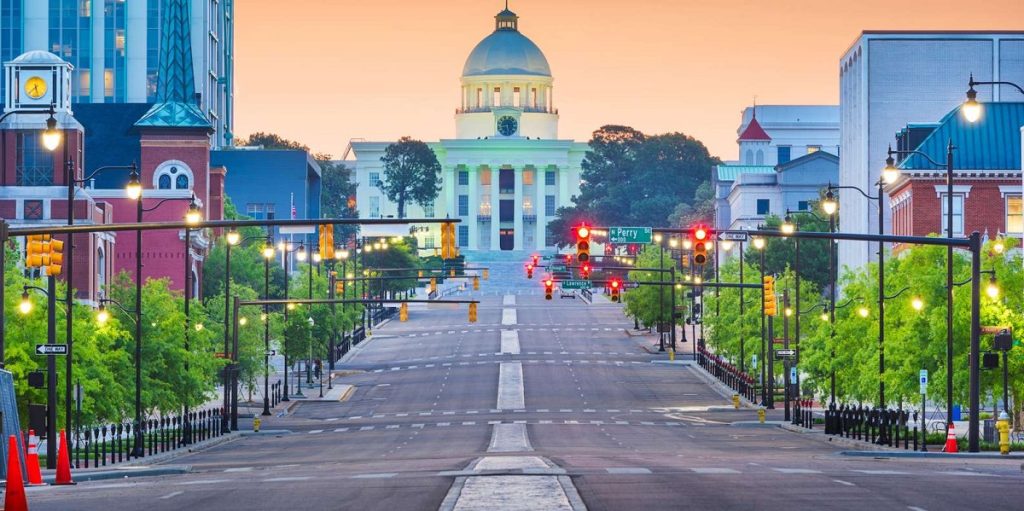Montgomery, the historic capital of Alabama, is often associated with pivotal moments in the civil rights movement and Southern political life. Less widely known, however, is the steady growth of its Muslim community—an increasingly vibrant, diverse group that has become a significant part of the city’s cultural and social fabric.
A Community Built on Diversity and Faith
The Muslim population in Montgomery includes African American Muslims, immigrant families from the Middle East and South Asia, students, professionals, and long-established business owners. Together, they contribute to an atmosphere of openness and multiculturalism that continues to expand throughout the metro area.
Mosques and Islamic centers play a central role in this growth. Institutions like the Islamic Center of Montgomery and Masjid Quba offer daily prayers, Quranic classes, youth programs, interfaith events, and community outreach activities. These spaces are more than religious centers—they serve as social anchors where new families find support and long-time residents nurture intergenerational ties.
Civic Participation and Social Impact
Muslim residents in Montgomery have become increasingly engaged in civic life. From participating in school board discussions to running small businesses that serve both Muslim and non-Muslim neighbors, the community actively contributes to the city’s economic and social development. Local Muslim leaders also collaborate with churches, universities, and civil society groups on interfaith dialogues, charity drives, and cultural education programs.
This engagement reflects a broader national trend: Muslim Americans across the U.S. are becoming more visible in public service, professional sectors, and community organizing. In Montgomery, this visibility fosters greater understanding and helps counter stereotypes through direct, meaningful interaction.
Youth, Education, and the Commitment to the Future
Montgomery’s young Muslim population is shaping the city’s future in profound ways. Students in local schools and universities participate in Muslim Student Associations, volunteer programs, and leadership training initiatives. Many are first-generation Americans who navigate dual cultural identities with pride—maintaining their religious heritage while taking on a growing role in American public life.
These youth-led initiatives also help strengthen the bond between different Muslim ethnic groups, ensuring that Montgomery’s Muslim community continues to evolve as a unified, dynamic part of the city.
Cultural Presence and Everyday Life
Halal restaurants, grocery stores, modest-fashion boutiques, and seasonal cultural festivals have added richness to Montgomery’s urban life. Ramadan iftars bring together families and community members, sometimes even attracting local officials and interfaith partners. These shared experiences highlight the values of hospitality, compassion, and community service deeply embedded in Muslim culture.
Challenges and Hopes
Like many Muslim communities across the U.S., Montgomery Muslims sometimes face challenges—including misconceptions, political tensions, and the need for greater religious accommodation in workplaces and schools. However, the community responds with resilience, advocacy, and education.
Leaders emphasize that strengthening interfaith cooperation and increasing civic participation remain key priorities. The goal is not only to protect the community’s rights, but also to help shape a more inclusive and understanding Montgomery for future generations.

